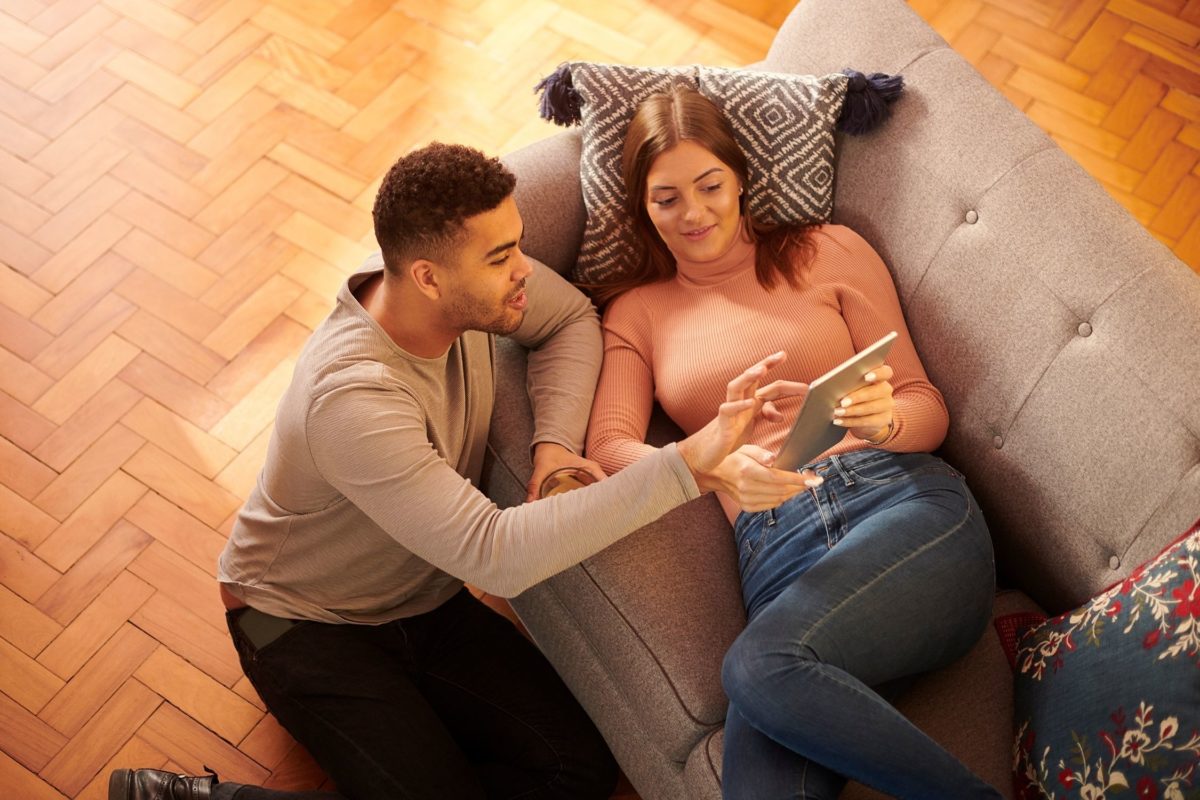How Individual Therapy Contrasts with Couples’ Counseling

Getting clear on the purpose of relationship counseling is your highest priority. Commonly it is best to begin with couples counseling, add individual therapy to address traumatic difficulties that often occur with infidelity, or do individual therapy if the romantic relationship ends.
With Relationship Difficulties, Would Individual or Couples Counseling be Best?
- Suppose you are not at all sure of whether you want to stay in the relationship. In that case, it may be better to gain clarity with an individual therapist before engaging in couple’s therapy.
- If both of you want to stay together, but one of you perceives that individual work needs to be done – as often is the case with anger reactions by one of you – it may make the best sense to do both couples therapy and individual therapy at the same time.
- If a significant issue is a difficulty communicating, marriage therapy is recommended.

How Does Couples Counseling Differ from Individual Therapy?

With individual therapy, the psychotherapist is 100% for you.
- Even if therapy was suggested to you by a mate, it is your therapy and not your mate’s.
- You are free to discuss what you want to talk about, and your mate will not be involved in individual therapy unless you sign a written release authorizing your therapist to speak with your mate.
With Marriage Therapy, the therapist has, in essence, three clients:
- Each of you as individuals
- Your relationship is also a client
The couples counseling therapist’s job is to treat all three “clients” equally. I believe that the individual happiness of each member of the couple is of the same importance as remaining within their relationship. Although I strive to make romantic relationships stronger and happier, sometimes it becomes clear to one or both of you that it is not possible to keep the relationship going. Other than abuse, therapists do not weigh in on whether a couple ought to stay together or not. It is up to the individuals involved to make that choice.


Expectations When in Couples Counseling:
Strive for relatively equal “air time” when in your therapy session so your therapist may hear both of your concerns.
Communications with Your Couples’ Therapist Outside of the Session
- Emails, phone calls, or texts outside of the therapy session are limited to non-therapy concerns, such as scheduling changes.
- The therapist cannot keep secrets if you text, call, or email with therapy concerns. An exception is if you are concerned about your physical safety or the safety of other family members. Please note that psychotherapists are mandated reporters in the state of Minnesota.

Please strive to be polite and respectful to your partner within your session. The therapist’s job is to encourage but not fix your relationship or fix your partner.
